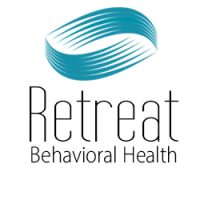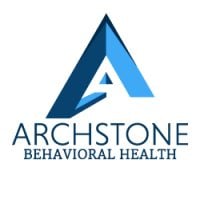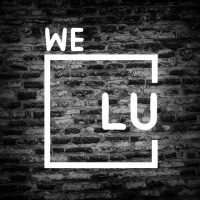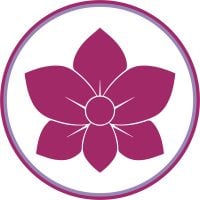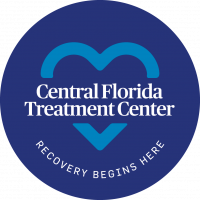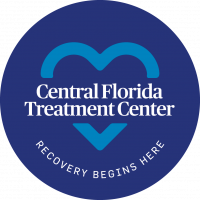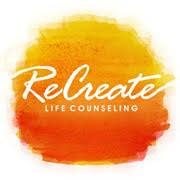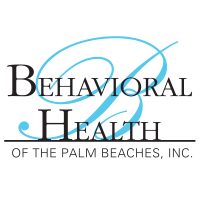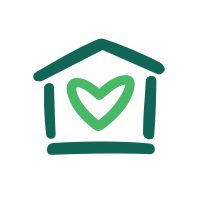Lake Worth, FL Drug and Alcohol Centers
Drug addiction and abuse have always been a problem in Lake Worth, Florida, but the city has seen a recent uptick in drug-related crime. In the past year, there have been more drug overdoses and deaths than ever before. The police department is struggling to keep up with the increase in drug activity, and they are asking for the public’s help. The most commonly abused drugs in Lake Worth are heroin, cocaine, prescription drugs, marijuana, and alcohol.
The reasons for the increase in drug abuse are varied, but one theory is that the economy is to blame. With more people out of work, they may turn to drugs as a way to cope with the stress and anxiety of unemployment. Another reason may be the availability of drugs.
Check out a facility that fits your needs on our list below, or call/email us for individualized support. There are a lot of trusted facilities in Lake Worth, FL in our list, ready to help you or a loved one live a healthy and clean life, free of drug addiction starting nearby in Florida.
Free Admissions Guidance and Assistance
We will help you find treatment based on your location, budget, and specific needs and help you get started safely.
Free + Confidential Consultation
Browse 39 Centers in Lake Worth, Florida
Retreat at Palm Beach – Palm Springs is an accredited addiction treatment center in Lake Worth, Florida that offers aftercare support, detoxification services, various levels of care, interventions, and dual diagnosis treatments to help individuals achieve sobriety.




The Recovery Village Palm Beach at Baptist Health - Lake Worth
The Recovery Village Palm Beach at Baptist Health - Lake Worth is an 80-bed addiction treatment facility located in Lake Worth, Florida that offers a comprehensive approach to recovery through evidence-based therapies like CBT, DBT, group counseling sessions, 12-step meetings and holistic healing methods, in both inpatient and outpatient settings with varying levels of care depending on the individual's needs.




Archstone Behavioral Health is a state-accredited addiction treatment center in Lake Worth, Florida providing comprehensive care for individuals struggling with substance abuse, alcoholism, opioid addiction, dual diagnosis issues, drug addiction and mental health issues, offering a range of specialized services from medical detoxification to aftercare support.

The Level Up Drug Rehabilitation Center in Lake Worth, Florida is an accredited, comprehensive addiction treatment program that utilizes a multidisciplinary approach to address substance abuse and accepts most private health insurance plans for those seeking sobriety.


Genesis House Addiction Treatment Center is a JCAHO accredited facility in Lake Worth, FL offering personalized addiction recovery services including Aftercare Support, Dual-Diagnosis assessment and treatment services, Residential detox, Intervention services and Intensive Outpatient Programs (IOP) with potential financial assistance.

The Orchid Recovery Center is an accredited addiction treatment facility providing comprehensive care for alcohol and drug dependency, opioid addiction, dual diagnosis, and mental health issues.

Sunrise Detox Center is a Drug Rehabilitation Facility in Lake Worth, FL that specializes in Detoxification, Dual-Diagnosis Treatment, Inpatient Treatment, and Residential Treatment for individuals with Drug Addiction, Alcoholism, Opioid Addiction, Substance Abuse, and Dual Diagnosis, and accepts most Private Health Insurance Plans.
Sunrise Detoxification Center is a Joint Commission on Accreditation of Healthcare Organizations (JCAHO), Substance Abuse and Mental Health Services Administration (SAMHSA), and state of Florida accredited addiction treatment facility in Lake Worth, Florida that accepts private health insurance and offers detox, drug rehab, dual-diagnosis, outpatient, and aftercare support.




Genesis House Addiction Treatment is a highly regarded recovery center in Florida that provides comprehensive care and a supportive environment to help clients overcome addiction and co-occurring disorders.


Helping Hand Counseling and Consulting in Florida offers experienced staff and a range of levels of outpatient and aftercare support for those seeking help with drug and substance abuse addiction.
Awareness Counseling Agency is a comprehensive addiction treatment center in Lake Worth, FL that specializes in providing individualized treatment plans that include evidence-based therapies such as cognitive behavioral therapy and 12-step support groups for individuals struggling with alcohol, opioids, drug addiction and dual diagnosis.

The Recovery Village Palm Beach at Baptist Health - Palm Beach
The Recovery Village Palm Beach at Baptist Health - Palm Beach is a highly-respected addiction treatment facility that offers evidenced-based treatments tailored to individual needs, and is accredited by LegitScript, JCAHO, NAATP, and SAMHSA, as well as accepting many private health insurance plans for those seeking help with alcohol, opioid, dual-diagnosis, and other substance abuse issues.



LL & R Stepping Stones
LL & R Stepping Stones in Lake Worth, Florida, is an accredited outpatient facility providing comprehensive treatment for addiction and substance abuse, offering a range of services including medical detoxification, intensive outpatient programs, and therapies such as cognitive processing therapy and trauma informed care, tailored to meet each individual's needs.


Central Florida Treatment Centers - Lake Worth
Central Florida Treatment Center - Lake Worth, located in Lake Worth, Florida, is an addiction treatment facility specializing in opioid addiction, substance abuse, and drug addiction, offering a range of services including intensive treatment, outpatient therapy, and detoxification programs to support individuals on the path to recovery.

The Recovery Village Palm Beach at Baptist Health - Lake Worth in Lake Worth, Florida offers personalized addiction treatment services, including detox, inpatient, outpatient, and residential treatment, as well as aftercare support and comprehensive treatment plans that address physical, mental, and spiritual needs, with various treatment modalities and additional programs to support individuals in their recovery.



Central Florida Treatment Center - Lake Worth
Central Florida Treatment Center - Lake Worth is a SAMHSA and JCAHO accredited treatment center that offers a wide range of services from detoxification to inpatient residential care, providing individuals with the highest quality resources needed for a successful journey towards sobriety.


Awareness Counseling Agency
Awareness Counseling Agency is a drug rehab facility located in Lake Worth, Florida that provides a comprehensive approach to recovery from opioid addiction, substance abuse and other forms of drug addiction through evidence-based therapies, 12-step meetings, and individualized support.
New Path Halfway House
New Path Halfway House in Lake Worth, FL is a specialized addiction treatment center providing Inpatient, Outpatient, and Aftercare Support Levels of Care for those struggling with Opioid Addiction, Substance Abuse, Mental Health Issues, Drug Addiction, and Alcoholism.
Recreate Life Counseling is an accredited, licensed addiction treatment facility located in Lake Worth, FL, offering a range of services to treat alcohol and substance use disorders, as well as dual-diagnosis, with affordable private health insurance accepted.


Origins of Hope, a drug treatment center located in Lake Worth, Florida, offers a range of comprehensive services for individuals struggling with addiction and substance abuse, including therapy, medication-assisted treatment, detoxification programs, and ongoing aftercare support.

The Treatment Center of the Palm Beaches - Lake Worth
The Recovery Village Palm Beach at Baptist Health - Lake Worth in Lake Worth, Florida offers a comprehensive range of services for individuals seeking recovery from substance abuse, including detox, inpatient and outpatient care, dual-diagnosis treatment, and intervention services.


The Cottages Of The Palm Beaches, located in Lake Worth, FL, is a JCAHO-accredited drug treatment facility offering a range of services for individuals struggling with addiction and substance abuse, including detox, inpatient, outpatient, and sober-living programs, as well as aftercare support.

The Teen Treatment Center of the Palm Beaches in Lake Worth, FL offers drug rehab services with various treatment programs and levels of care, accredited by JCAHO and accepting private health insurance, with a focus on achieving long-term recovery from addiction.


The Recovery Center for Women of the Palm Beaches is an accredited addiction treatment facility offering a wide range of evidence-based services including detox, inpatient and outpatient programs, intervention, aftercare and 12-step meetings in both English and Spanish languages.

HomeSafe's Childrens Place at HomeSafe located in Lake Worth, FL provides comprehensive dual diagnosis mental health care, utilizing a variety of therapeutic approaches and accepting private health insurance.
Counseling Services of Lake Worth
Counseling Services of Lake Worth provides mental health and substance abuse treatment using evidence-based therapeutic techniques, including outpatient and residential services, to treat various issues such as alcohol abuse, dual diagnosis, and opioid addiction in a licensed and accredited facility.


The Center for Recovery at JFK is a comprehensive addiction treatment facility in Lake Worth, FL providing specialized care to individuals suffering from substance abuse and co-occurring disorders, offering several levels of care including inpatient, intensive outpatient, partial-hospitalization and outpatient services, with experienced medical professionals and aftercare support available upon completion of all programs.

Renaissance Recovery Center
Renaissance Recovery Center is a comprehensive addiction treatment facility in Lake Worth, FL that offers tailored therapeutic care and medically supervised detox programs to help individuals overcome alcoholism, opioid addiction, dual diagnosis, and other drug addictions to achieve sobriety.
Quest Counseling Center - Lake Worth
Quest Counseling Center - Lake Worth is a specialized addiction treatment facility located in Lake Worth, Florida that offers residential, partial hospitalization, intensive outpatient, and outpatient treatment programs as well as traditional and alternative therapies, family therapy, and aftercare planning services for individuals and their loved ones seeking to recover from addiction.
Stephanies Family Sober House
Stephanies Family Sober House is a Drug Rehab Facility in Lake Worth, FL that provides Residential Levels of Care for individuals struggling with Alcoholism, Opioid Addiction, Substance Abuse, and Drug Addiction through their comprehensive Inpatient Programs, Drug Rehab programs and supportive Sober-Living / Half-Way services to help its patients make a successful recovery from their addiction.
- 1
- 2
Drug and Alcohol Treatment in Lake Worth, FL
The increase in drug activity has put a strain on the city’s resources. If you or someone you know is struggling with addiction, there are many resources available to help.
There are a variety of drug and alcohol treatment centers in Lake Worth, Florida that can offer help. Treatment centers offer a variety of services, such as detoxification, counseling, and rehabilitation.
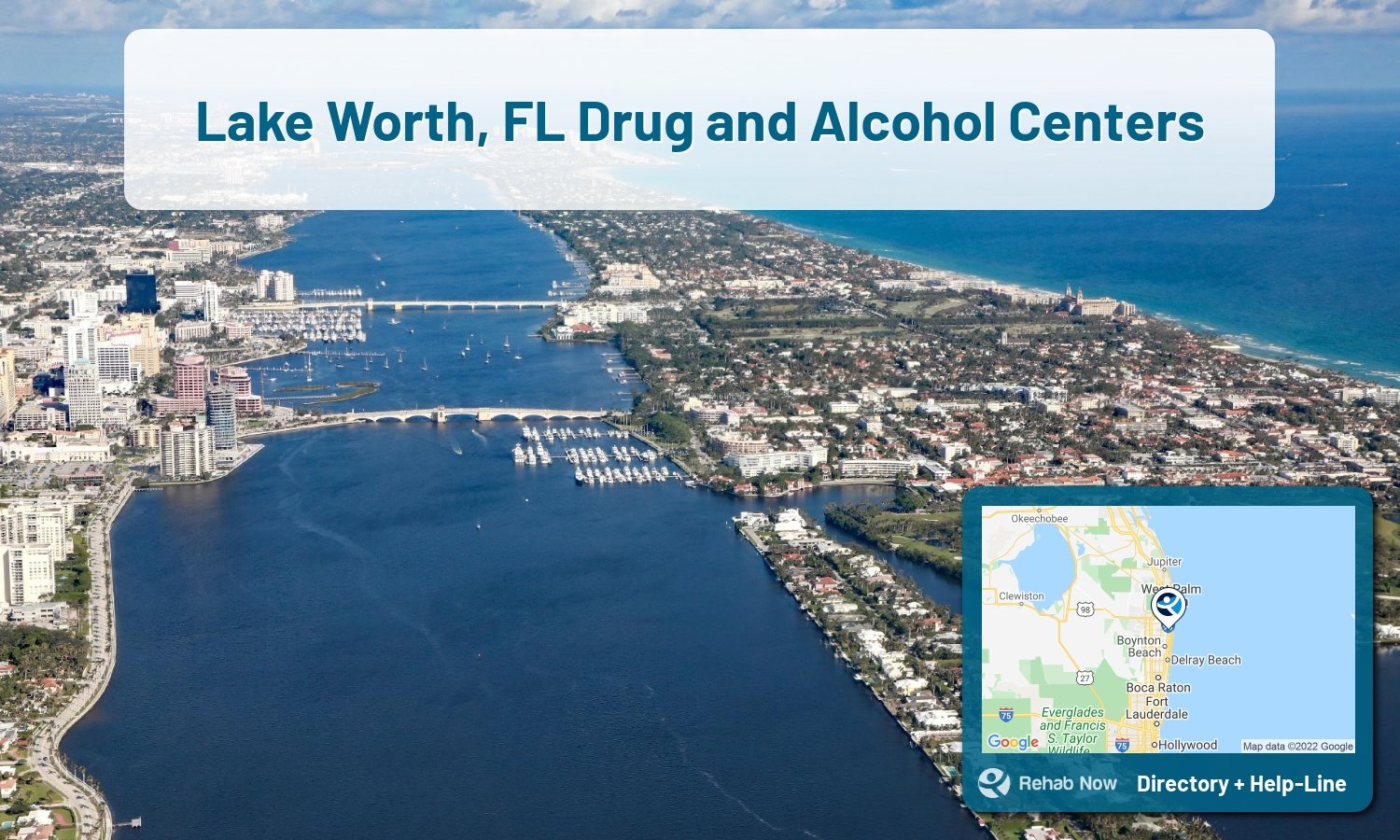
What types of treatment are available in Lake Worth, Florida?
The most common type of treatment for addiction is inpatient treatment. This type of treatment requires you to live at the treatment facility while you receive care. Inpatient treatment can last 30 days or longer. This type of treatment is often considered the most effective because it allows you to focus on your recovery without distractions.
Outpatient treatment is another option for addiction treatment. This type of treatment allows you to live at home while you receive care. This treatment usually lasts for 12 weeks or less. This type of treatment is often for people who have a less severe addiction or who have completed an inpatient treatment program.
What are the accommodations like?
The accommodations at a treatment center can vary depending on the type of facility you choose. Inpatient facilities usually have private or semi-private rooms. Some inpatient facilities also have amenities like a swimming pool, gym, or spa.
Outpatient facilities generally have a meeting room where you will receive treatment. Some outpatient facilities also have amenities like a gym or lounge area.
Drug Abuse Statistics in Lake Worth, Florida
In 2018, there have been 100 reported overdoses, and 30 of those have been fatal. The majority of overdose victims are between the ages of 18 and 34. Furthermore, the number of overdoses has increased by 30% from the previous year.
According to the Palm Beach County Sheriff’s Office, there have been 2,032 arrests for drug-related crimes in 2018. This is an increase of 7% from the previous year. Of those arrested, 64% were for possession of a controlled substance, and 20% were for trafficking.
- 28% of criminal cases in Palm Beach County are drug-related.
- 35% of people who were arrested for DUI are between the ages of 21 and 25.
- There has been a 28% increase in the number of people seeking treatment for heroin addiction.
- 60% of drug users abuse multiple substances.
Additional Treatment Centers in Florida
Florida is one of the nation's epicenters for substance abuse and drug-related overdoses. In 2014, around 410,000 Florida residents were addicted to drugs and alcohol. Over the last 10 years, 12% of all deaths in the state were attributed to substance abuse. Treatment admissions for alcohol reached 24,329 patients in 2016, and 2.5% of Florida high school students admitted to using crack cocaine.
Still haven't found the right recovery center? Browse nearby Florida cities.
- North Miami, FL (50.6 mi.)
- Quincy, FL (386.6 mi.)
- Wellington, FL (10.4 mi.)
- Floral City, FL (199.3 mi.)
- Macclenny, FL (281.5 mi.)
- Lauderhill, FL (33.7 mi.)
- Bristol, FL (396.3 mi.)
- Gainesville, FL (249.7 mi.)
- Homestead, FL (82.7 mi.)
- St. Petersburg, FL (175.0 mi.)
- Arcadia, FL (115.7 mi.)
- Palm Harbor, FL (191.9 mi.)
- Miami, FL (142)
- Fort Lauderdale, FL (103)
- West Palm Beach, FL (91)
- Jacksonville, FL (84)
- Tampa, FL (80)
- Orlando, FL (79)
- Delray Beach, FL (77)
- Pompano Beach, FL (39)
Are there any rules I must follow while in treatment?
Each treatment center has their own set of rules and regulations that you must follow while in treatment. These rules are designed to help you succeed in your recovery and protect you from relapse. Some of the common rules include:
- Attending all group and individual counseling sessions
- Abstaining from drugs and alcohol
- Participating in all scheduled activities
- Following the center’s curfew
- Taking all prescribed medications
You also should respect the other patients in treatment and follow the center’s code of conduct. This includes refraining from violence, threats, and harassment.
How often will I be able to see my family and friends?
Visitation hours vary from treatment center to treatment center. You should check with the center beforehand to find out their visitation hours and policies. Some centers allow visitors during specific times, while others may have a more open policy. Most centers will allow you to have visitors on weekends and holidays.
Some centers also offer family counseling, which can be a valuable tool in your recovery. Family counseling can help repair relationships that have been damaged by addiction.
What type of therapies will I receive?
There are a variety of therapies available to help you recover from addiction. The type of therapy you receive will depend on the treatment center you choose. Some of the most common types of therapy include:
- Cognitive-behavioral therapy: This type of therapy helps you identify and change the thoughts and behaviors that contribute to your addiction.
- Dialectical behavior therapy: This type of therapy helps you develop coping skills to deal with stress and emotions.
- Motivational interviewing: This type of therapy helps you explore the reasons why you want to recover from addiction and develop a plan to achieve your goals.
- Contingency management: This type of therapy uses rewards to help you stay on track in your recovery.
How soon I can leave treatment?
The length of time you stay in treatment depends on a number of factors, such as the severity of your addiction, your progress in treatment, and your aftercare plan. Most treatment programs last 30 days, but some may last 60 days or longer.
After you complete treatment, you will need to continue your recovery with an aftercare program. Aftercare programs can help you avoid relapse and maintain your sobriety. This can last for months, or even years.
What kind of rehab facility should I avoid?
There are some rehab facilities that you should avoid. These facilities may not be accredited, they may not have a good success rate, or they may not offer the type of care you need. You should research any treatment center before you enroll in their program.
You should avoid any treatment center that makes false promises or requires you to sign a contract before you enter treatment. You should also avoid any center that uses force or coercion to get you to stay in their program.
If you are looking for a treatment center, make sure you choose one that is accredited by the Joint Commission on Accreditation of Healthcare Organizations (JCAHO). This accreditation means that the facility meets certain standards of care.
Beware of facilities that make unrealistic claims about their success rates. If a facility claims to have a 100% success rate, this is a red flag. No treatment center can guarantee that you will recover from addiction.
Will I have to pay for treatment?
The cost of treatment will vary depending on the type of treatment you need and the length of time you stay in treatment. Most insurance companies will cover at least part of the cost of treatment. You should check with your insurance company to see what is covered.
You may also be able to get help paying for treatment through government programs or charities. The criteria are generally based on your income and assets.
What happens if I’m not a Florida resident?
If you are not a Florida resident, you can still get treatment in Florida. There are a number of private and public treatment facilities that accept out-of-state patients. You should check with the treatment center to see if they have any special requirements for out-of-state patients.
If you are a Florida resident, you may be eligible for state-funded treatment. This includes programs like the Access to a Recovery program and the Substance Abuse and Mental Health Services Administration’s (SAMHSA) Single State Authority (SSA) program.
Lake Worth, FL Treatment Centers. Find drug rehab in Lake Worth, Florida, or detox and treatment programs. Get the right help now! (888) 674-0062.
